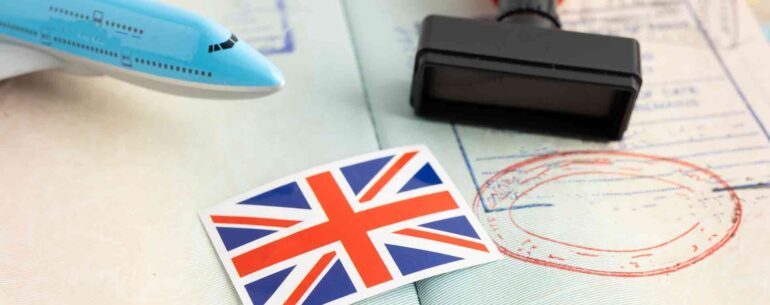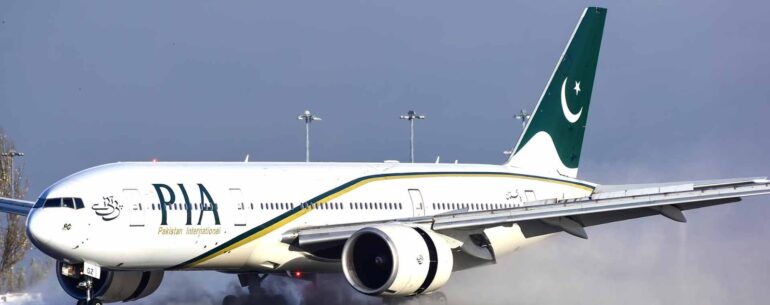Table of Contents
The aviation industry is not new to rumours of big mergers, but many analysts say that this tie-up should raise both ears and eyebrows. The potential merger of Etihad Airlines and Emirates is being denied by both parties, but it is reported that company executives have been meeting in secret since January. If this merger is conceived it will create the biggest airline group in the world with an overreaching power and a significant impact on airline fares.
It is only but logical
The United Arab Emirates is blessed with oil and mineral wealth. The country has been able to construct not one but two international world class airlines: Emirates and Etihad Airlines. Whether these government-owned airlines have had financial support is a matter of debate, but on paper, these airlines had been churning out a lot of profit for decades. Only recently, Etihad Airlines has not been performing too well. Even though both these airlines represent the same country, they have overlapping routes and compete with each other for more customers. The hub of Etihad Airlines is at Abu Dhabi while Emirates has enjoyed the colossal Dubai International Airport. Both of these cities are an hour ride apart. With protectionism on the rise and a trade war brewing, it is but common sense to build some sort of a partnership, if not a merger between these airlines.
Dubai owes Abu Dhabi a lot
The financial crisis of 2008 hit Dubai hard, but because Abu Dhabi remained conservative throughout the last few decades, their businesses were less significantly harmed than those in Dubai. In this time of need, the ruling Al-Nahyan Family of Abu Dhabi came to the rescue of Dubai and injected billions into the city to pull it out of the gripping recession. Clearly, this has given the Al-Nahyan family more leverage in the United Arab Emirates. Abu Dhabi based Etihad Airlines, has not been doing too well. Last year, the airline lost USD $ 1.5 billion and USD $1.7 billion in the one before. It is imperative for the Al-Nahyans to bring out Etihad from bleeding loss, year after year, especially when Dubai based Emirates might be able to help.
What does it mean for you and me?
About 60 per cent of the routes that Emirates operates worldwide are absolutely duplicated by Etihad airlines. If the merger is concluded both parties would have minimal duplicate flights or none at all. Fewer flights would definitely mean less competition between airlines, making it easier for the Emirates-Etihad group to hike up prices in already monopolized South Asian, African, Middle Eastern and Australian markets.
The Dubai-Abu Dhabi Ultra Hub would emerge after the union that would be able to connect over a hundred million passengers annually. This would severely hit low-cost carriers that have been bothering Emirates for the last four to five years. Competing carriers might drop routes to other major international hubs because of the lethal wound the group would inflict on their profits.
To put it simply, the merger could prove to be worrisome for avid travellers, who would have to pay more and have fewer options. Emirates and Etihad have a fan following and a great public presence throughout the world. It is now up to the executives of these companies to balance profitability with their collective public image.




Leave a Reply
You must be logged in to post a comment.